The program officer at Mumbai Smiles talks about how the Covid-19 and the consequent confinement are affecting the most vulnerable people in India.
How is COVID-19 affecting India? Is the population taking the threat seriously?
It’s been almost a month and half since the threat begun in India. As other countries, in India too it was not taken seriously in the beginning and in just next few weeks all the Indians started suffering the repercussions of the carelessness and negligence they showed towards this pandemic.
Considering the huge population it is going to hit in a hard way. Almost one third of the population live in slum areas. Considering the big cities like Mumbai which is likely to be one of richest cities of India, almost 60 % of the population live in slums. The small street side businesses including begging help them sustain in their life.
Taking this situation into account, what are the consequences of lockdown?
Now due to the lockdown, many people have lost their jobs as they were working on daily wages. For them, the reason which leads migrations to big cities was lack of infrastructure, droughts and floods in their villages. But now, as the entire city is lockdown, more than the infections, the hunger is killing these people. They have no other choice than going back to their native places which is prohibited by the government authorities for citizen’s safety.
The government, medical people, non-medical helpers (sweepers, shop keepers, physicians etc.) and non-governmental organizations are on their toes to spread awareness and help personally to citizens. They are giving their best to fight against this pandemic despite lacking in testing kits, surgical equipment. However, due to the carelessness incidences, lack of responsibility towards society and uncontrolled gatherings of people who are being misguided by some group of citizens, the situation is worsening.
What is the situation in the most populated slums?
The one third population of India is from slum areas. Despite being told to remain inside the houses it is not being followed for some obvious reasons in these areas. The houses are cramped up and in one family there are at least 6 to 7 people. Social distancing and privacy are difficult concepts to realise when 7 family members share a 150 square foot home.
The slum population is paying more for basic necessities such as water or food in this difficult time. The urban, non-salaried workers also include children, who are employed in sectors such as construction, waste picking, sewage and garbage cleaning, food processing, textiles and embroidery, home based industries and auto garages. Many workers engaged in such precarious work have no families and no homes in the city. There are countless such people, children without homes, and pavement dwellers who have nowhere to go.
There are rich people who are safe inside their houses and flaunting the privilege of drudgery and boredom at home whereas outside there are people living in the cramped up places or on roads without electricity, without social contacts and food.
What are non-profit organisations doing to help most vulnerable?
Not only non-profit organizations but also many volunteers from the cities are helping homeless people and in slums by providing food packets daily.
Countless Mahila Mandals, Youth Groups, Self Help Groups and Community Based Organisations involved in managing community toilets have sprung into action during the crisis. Many have successfully reached out to vulnerable social groups such as senior citizens, households headed by women, or people with disabilities.
Can you give us some examples?
Community kitchens supplying daily food services including the distribution of rations have been developed. Some organisations have also begun providing basic infrastructure related services such as in the arena of community sanitation.
Marking squares, managing crowds, distributing masks, teaching hand washing with soap, disinfecting areas and distributing soaps are some of the services these organisations have stepped up to provide. Some are also using the Mumbai Municipal Corporation’s services to access and spray disinfectants inside community toilet blocks. Such awareness and quick adoption of preventive measures show the tremendous potential of developing robust welfare mechanisms for and by communities resident in slums.
What role is Mumbai Smiles playing in order to tackle this trouble?
Mumbai Smiles Foundation which is active since 2005 and working towards irradiation of poverty in Mumbai is helping their beneficiaries and people from slum areas in all possible ways.
The basic requirement in current situation is food and guided awareness sessions hence, the organization is providing food for our beneficiaries in all the operating areas. All the education staff is risking their lives to help support these families by visiting personally to their areas and distributing food to each of the beneficiary.
Do you have the necessary protection to do your work safely?
For the first month the staff was working with mask and hand gloves but now we have the government and police commissioner’s support and permission to have one emergency vehicle and a protection suit which will help us in supporting our beneficiaries without a problem in an emergency situations.
Apart from this we are taking help of digital media wherever it is possible to send messages and videos about awareness, sanitization. Before the lockdown began our team members personally visited all the beneficiaries to guide them how to be safe in this difficult situation.
What about the situation of children?
We understand that it is difficult to manage bread and butter in this situation but we still care for the education of our 2 to 6 years of beneficiaries who are studying in our preschools. We believe that it’s their right to have education in this situation.
Wherever it is possible we send online study material, each teacher calls every beneficiary family to keep a regular contact with them to understand their whereabouts and to support them mentally. Therefore, though it is prohibited meeting outside due to the pandemic, we are connected to each and every beneficiary because we care for our MSF family.
What steps the Indian government takes to support people at risk of poverty and social exclusion?
India announced a Rs 1.7-lakh-crore relief package to take care of poor, workers and those who need immediate help amid a lockdown to combat the coronavirus pandemic. Some support schemes offered by the government will cover 80 crore poor people, which will include cash transfers and food security. Each family would get 5 kg rice or flour and preferred pulses for next three months.
Some schemes also focus on giving payments to different sections of the society directly into their bank accounts. This will cover farmers, workers, widow pensioners, disabled, women, women running self-help groups, beneficiaries of the Employees’ Provident Fund Organisation and construction workers. Also, the government will provide medical insurance to those at front-lines of fighting the virus. This would cover doctors, nurses, paramedical staff, sanitation and ancillary workers.
How do you expect that the confinement could affect the economic situation of these vulnerable areas?
Mumbai is a city of contrast. Mega wealth exists alongside mega poverty. According to data released by Mumbai Metropolitan Regional Development Authority, the city’s workers contributed a whopping 5% of India’s GDP. They also generatedabout a one third of the government’s total tax revenue in 2019.
The Mumbai Metropolitan Region is home to about 22.4 million people. More than half of these residents live in slums. These 11 million people occupy a measly 12% of the city’s total inhabitable land area. The average population density of about 20,300/km2 more than doubles or even triples in some slum settlements. Yet this is not an accurate data.
More than half of Mumbai's residents live in slums. Containing the pandemic in a city like Mumbai will pose some serious challenges
Containing the pandemic in a city like Mumbai will pose some serious challenges. It is no surprise that infections are spreading rapidly in the city — it’s especially alarming that cases of Covid-19 are being detected in the slums. Areas like Dharavi, one of the biggest slums of Asia have already seen multiple positive cases and the numbers are rising as the government scales up its testing. Community transmission fears loom large and containment efforts are exacerbated by the fact that slums provide some of the worst infrastructure for basic amenities in the world.
Most of the population is a daily wagers and this lockdown situation will leave them jobless and hungry. Even if tomorrow the situation improves these are the groups which will get affected for longer time because there will be recession across the cities, countries.
Do you think that we still in time to avoid the worst economic prospects in most vulnerable areas?
Things are bad and going to be more difficult in coming time. We have economy which largely works on cash so in lay man language total business is run on cash based. As everyone know that since everything is closed apart from food, milk and medicine. Business related to above categories will have lesser impact. And industries which are not directly or indirectly related to above are completely or partially closed. So it has large implications on small scale business and environment which supports and flourish.
That means neither production is on nor consumption is going to happen for a while. And this while will depend on how fast vaccination will get develop, it's successful clinical trials, it's production and availability of same if someone gets affected by covid-19.
Things are bad and going to be more difficult in coming time. Daily wagers, slum populations and road side families are going to affect the most
Till that time Indian economy will be going through roughest phase, now on superficial level it's seems that everything will be fine in coming months but that is not the case. Retail businesses are in total chaos, overheads are high so they will reduce overhead so next step is reduction in manpower. Jobs will be first to get affected.
We are at the peak of roller coaster ride from here how long we are going to go down and how long it will take to stop ride is beyond comprehension. In all these circumstances daily wagers, slum populations and road side families are going to affect the most.

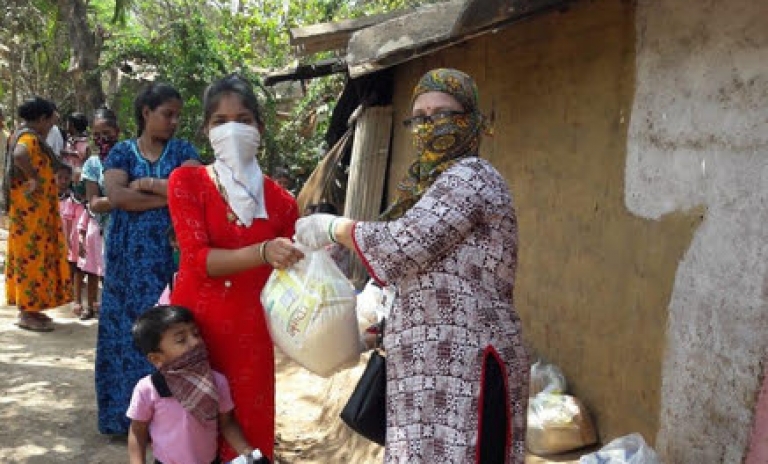
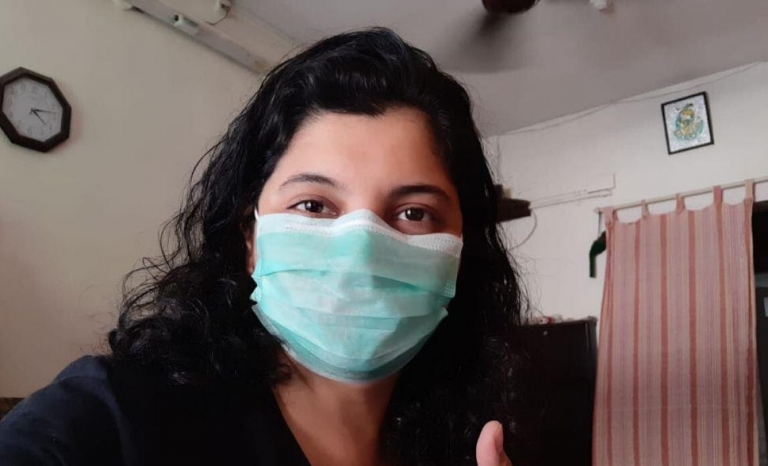
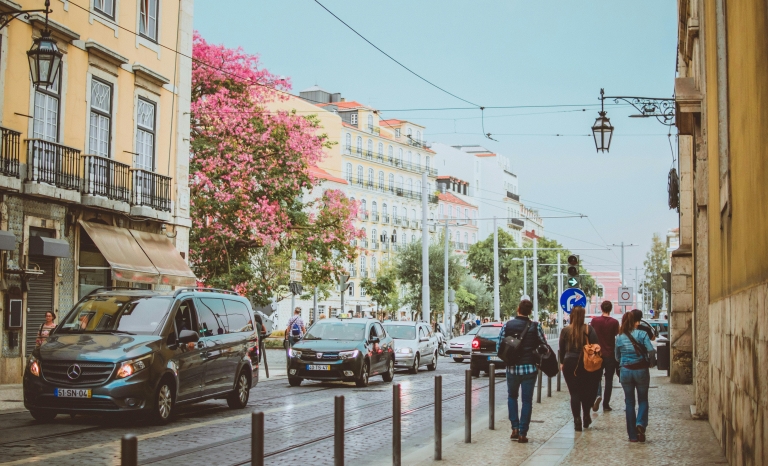

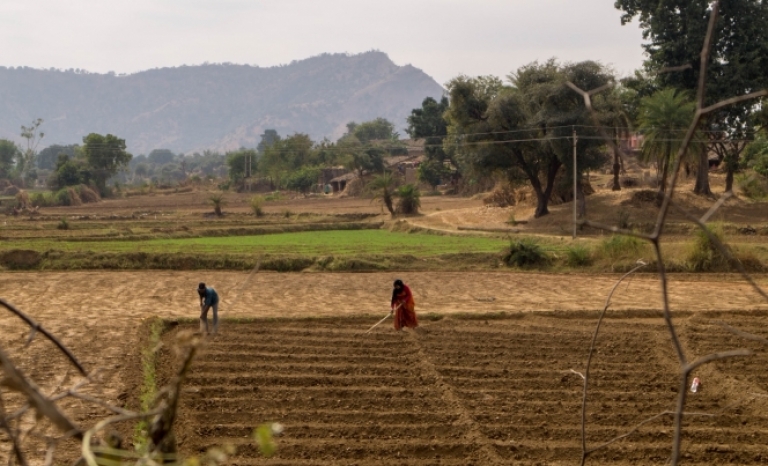
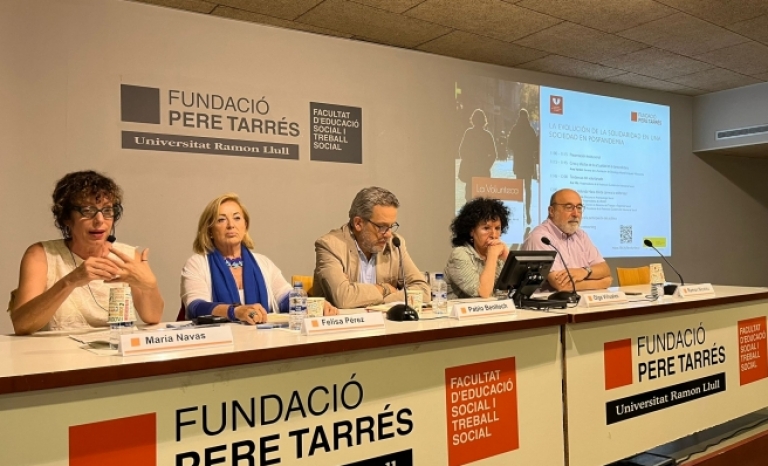



Add new comment